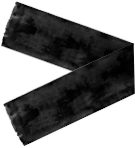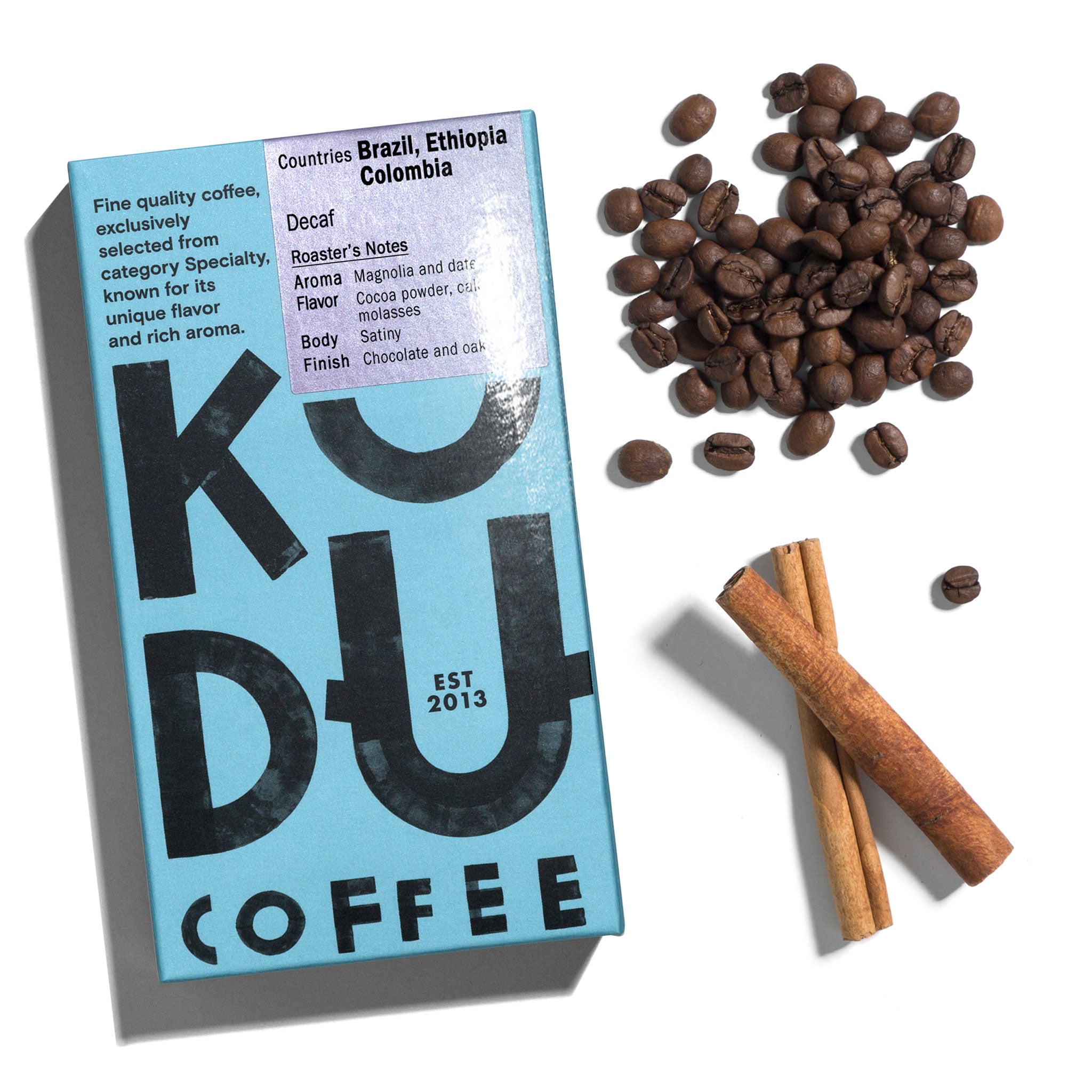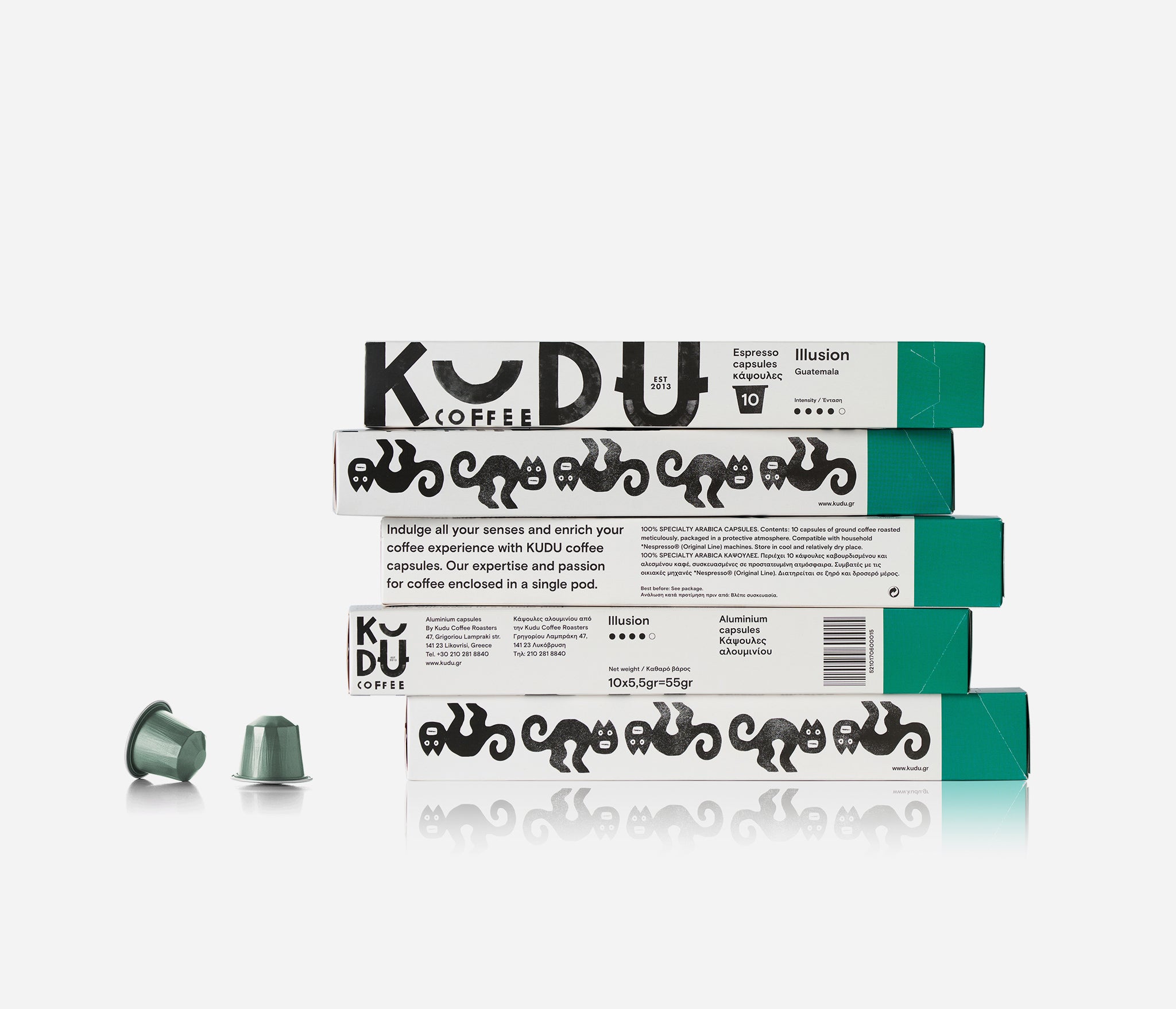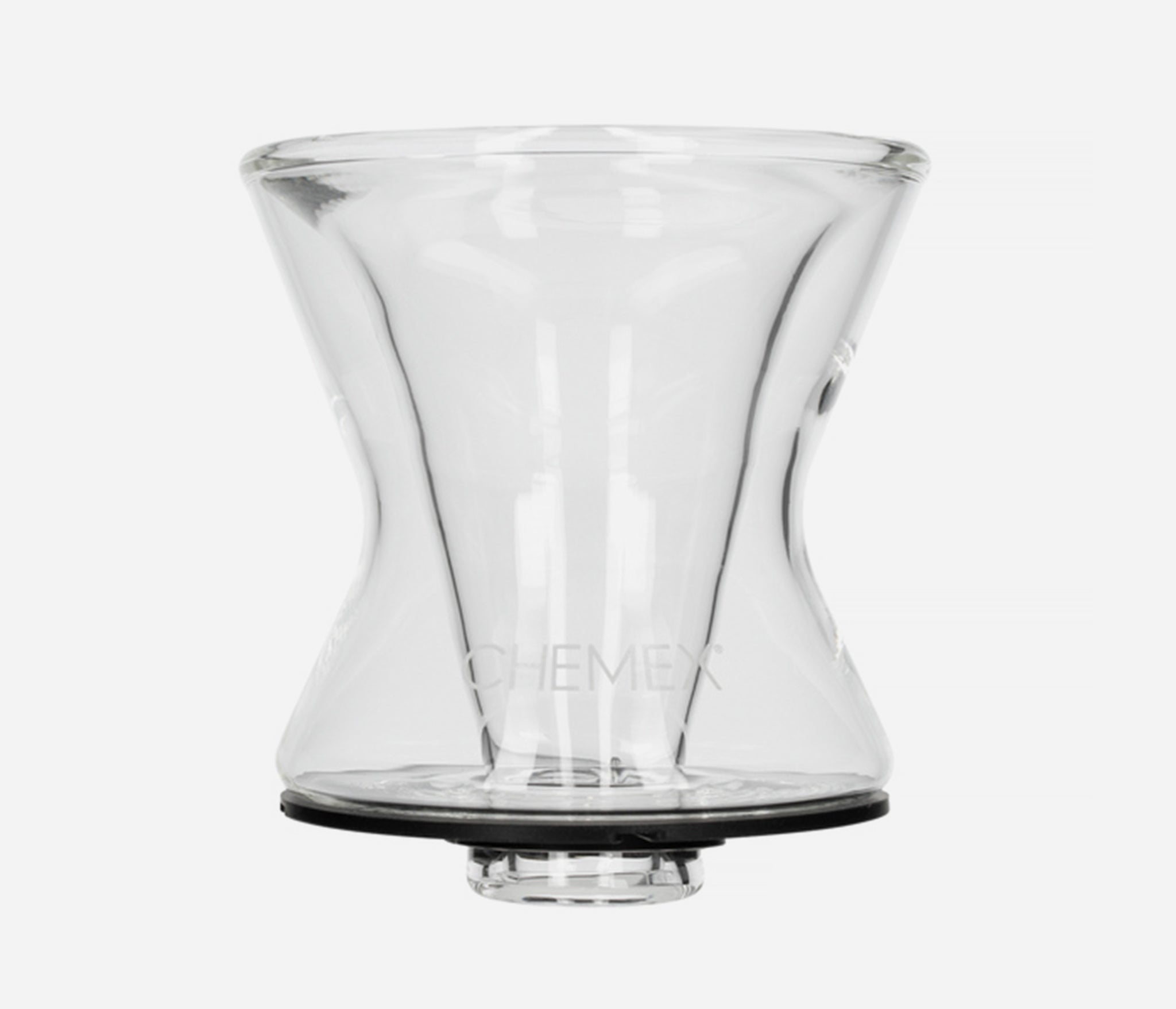Decaf 100% Arabica Coffee (250g)
Richly, sweetly tart and chocolaty. Dark chocolate, hazelnut butter, lightly scorched cinnamon, date, fir in aroma and cup. Sweet in structure with gentle, rounded acidity and velvety mouthfeel. The chocolaty finish is complicated by date and hazelnut.
Farm: Various
Main processing stages
Green coffee can be decaffeinated using various extraction processes, which can mostly be differentiated based on the solvent used for the extraction. The processing stages apply to all the various methods, and include:
Steaming: The coffee is treated with water and steam, which starts the extraction process and makes the beans expand. This stretches the cellular structure within each bean, and therefore facilitates the extraction of the caffeine.
Extraction: The coffee is then rinsed with a specific solvent, which 'captures' the caffeine and removes it from the bean.
Recovery of the solvent: Almost all of the solvent can be recovered from the coffee, and can then be re-used. This stage is carried out with great care both for financial reasons (all the products used are very expensive and so waste must be kept to a minimum) and for legal reasons, since there are legal limits concerning the maximum quantity of residue.
Moisture removal: Almost all of the moisture in the coffee is removed.
Packing: The coffee is packed into its original bags or into new bags provided by the client.
Testing: The coffee's residual caffeine content (not in excess of 0.1% allowed by law in Italy and most of Europe), residual solvent content (not in excess of 2 p.p.m. of dichloromethane for roasted coffee) and moisture content (no higher than of 11% allowed by Italian law) are tested.



This coffee arrived to our Roastery via Demus company . Collaboration started on 2013. Demus has been decaffeinating and dewaxing green coffee and producing unrefined, natural caffeine since 1962. The plant is located in the industrial zone of the port of Trieste (Italy), one of the most important terminals in this sector in Europe. Demus has been considerably developed over the years. This has been achieved thanks to its constant investment both in research (the company holds various industrial patents and has had several studies published in leading industry journals) and in constantly expanding its knowledge concerning decaffeination methods, as well as the company's focus on the latest market trends - quality, environmental issues and safety (the company obtained ISO 9001 certification in 1999 and ISO 14000 in 2010). These strengths have led the company towards Total Quality Management, helping Demus to grow and attain a considerable market share, and to expand its business far beyond Italy.
About Decaf
ALTITUDE:1500 m
PROCESS:Decaffeinated
VARIETIES:Colombia, Castillo
AROMA:Nuts
FLAVOR:Orange, Dark Chocolate
BODY:Medium
FINISH:Cacao, Citrus
It is a common misconception that decaffeinated coffee is inferior and incomparable to normal coffee.
The truth is that after being decaffeinated, second-rate coffee is still second-rate, in just the same way that good coffee retains its "good" quality.
Obviously certain coffee types are more suited to processing than others and today the coffee industry is aiming for quality in its final product to present a new image to the consumer.
Decaffeinated coffee, if carefully prepared, can be excellent in its own right and in no way inferior to normal coffee. Even experts find it very difficult to tell whether the coffee they are drinking is decaffeinated or not, unless tests are carried out on the coffee before and after. For the consumer, it is practically impossible to distinguish between the two. An interesting experiment would be to get some friends to taste a good quality decaffeinated coffee telling them it is normal coffee. Probably nobody will be able to tell the difference.



